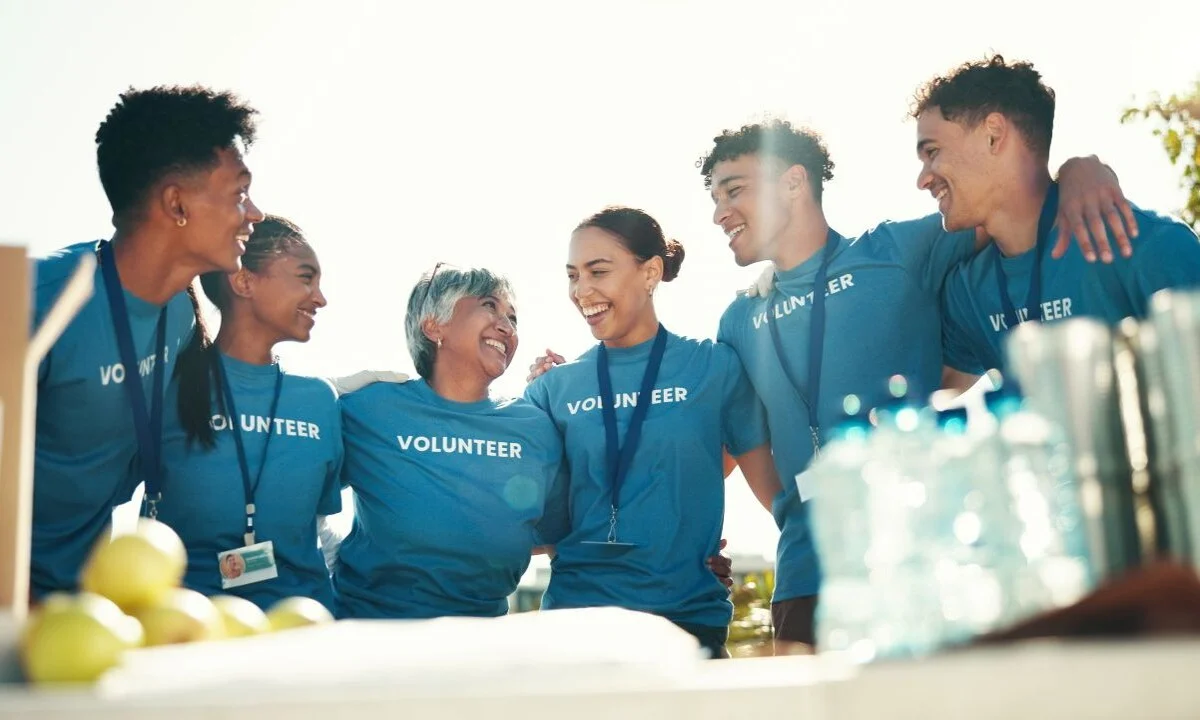National Recovery Month, held each September, raises awareness about addiction and celebrates the power of recovery. It encourages open conversations and community support. This blog covers what Recovery Month is, how it started, and why it matters.
What Is Recovery Month?
Substance Abuse and Mental Health Services Administration (SAMHSA) created National Recovery Month to promote recovery and reduce stigma. Each September features coordinated national themes (like “Recovery is for Everyone”) and events that honor people in recovery while educating the public.
While the goal is to help those in recovery feel understood and supported, many groups can participate. This can include families, care providers, and community leaders.
History and Growth of Recovery Month
Started in 1989, Recovery Month’s scale was much smaller. The goal was simple: Change how America talks about addiction. Instead of solely focusing on substance use problems, SAMHSA wanted to celebrate the people in recovery. This outlook on those addicted to substances was novel at the time.
At first, this month focused mainly on addiction recovery. Later, mental health awareness became part of it too. In 2020, responsibility was extended to Faces & Voices of Recovery to help manage Recovery Month activities. This partnership helped expand the reach through websites, social media, and local events.
SAMHSA’s Office of Recovery coordinated recovery activities, such as the “Recovery Is For Everyone” campaign. This emphasized inclusion and broad engagement.
Understanding Addiction and Recovery
Addiction is a disease that affects your brain. When you use drugs or alcohol too much, your brain chemistry changes, making it difficult to stop without professional guidance.
Progression of Addiction
Usually, there are stages that lead to addiction:
- Experimentation: Try something once or twice at a party or because you’re stressed.
- Regular Use: Using more often while still feeling in control at first.
- Tolerance: Your body gets used to the drug. To get the same feeling, you then need to use more at a time.
- Dependence: Can’t function without it, your brain chemistry is altered, and quitting feels impossible.
The most addictive substances include alcohol, prescription pain pills, cocaine, heroin, and cigarettes. Some people also develop behavioral addictions like gambling or shopping.
Why Recovery Efforts Are Crucial
When people achieve sobriety, there are positive changes in their lives in various ways. Families can reconnect, children can have their parents actively in their lives again, and a sense of safety increases. Recovery Month shows that healing is possible when you ask for the right help.
Why Mental Health Awareness Matters in Recovery
Many people have both addiction and mental health problems. This is because one can inform the other, such as drinking alcohol because of depression or using drugs to deal with anxiety. This is known as a dual diagnosis.
Treating them as co-occurring is the most optimal way to ensure meaningful recovery. Without dealing with both mental health and substance use root causes in a personalized, structured way, the risk of relapse is higher.
Impact of National Recovery Month
- Community and Public Engagement:
September brings recovery events to various cities. These activities can include awareness walks, treatment center tours, and community panels. Each one reminds us that addiction affects everyone, and recovery can too. Engagement can inspire connection and encourage recovery efforts.
- Media and Awareness Campaigns:
Newspapers write about local heroes who achieved sobriety. Social media trends could see an influx of #RecoveryMonth posts. Celebrities might come forward about their recovery journeys. This vulnerability helps break stigma and create safe spaces for other individuals to come forward or to seek help.
- Real-World Changes:
SAMHSA times announcements of initiatives and grant funding during Recovery Month. This helps coordinate new programs and funding for recovery services across the country. Prevention, treatment, and recovery programs nationwide celebrate this month, building connections and support.
How to Support Recovery Month
Everyone can help spread awareness about recovery. Some simple ways include:
For Individuals and Families
- Attend local recovery events and bring your family when appropriate
- Share recovery stories if family members are comfortable doing so
- Learn about treatment resources in your area
- Stay patient with loved ones in recovery – setbacks are normal
For Healthcare Providers
- Teach community classes or write articles about mental health
- Use recovery principles in your patient care
- Work to make treatment more accessible
- Learn culturally appropriate care methods
For Communities and Organizations
- Host workplace information fairs about addiction and mental health
- Include hope and recovery in prevention education
- Have police join recovery walks to show support for treatment
- Train community members in naloxone use for overdose emergencies
Resources for Addiction Recovery
Recovery looks different for everyone. You might need medical help, counseling, or both.
- Getting Professional Help: Personalized treatment programs, crisis helplines, and various levels of care can meet you where you’re at.
- Paying for Treatment: Most insurance covers addiction treatment. Payment plans or government funding can also help make care more accessible.
- Building Support Systems: Group meetings to connect, family education, and online communities encourage lasting wellness.
Sustaining Recovery After September
People move from resisting change to maintaining healthy habits for years in recovery. This path looks like:
- Not thinking about changing yet
- Starting to consider it
- Getting ready to do something
- Implementing changes
- Keeping the positive adjustments going
This way of thinking helps you set goals that make sense to you. It allows you to plan for tough times and is an important part of relapse prevention. Participating in aftercare program initiatives like recovery meetings and counseling supports your growth.
Hope, Healing, and Getting Involved
Recovery Month is an inspiring reminder that addiction is not the end of someone’s story. It celebrates families’ healing and community-building support.
September showcases how recovery is strengthened by support. Guidance and insight from various people, like friends and addiction specialists, can build a brighter path forward. No matter what time of year, it’s never too late to reach out for help. Call 800-353-4673 today to find out more about treatment options that can help you or your loved one find recovery.








